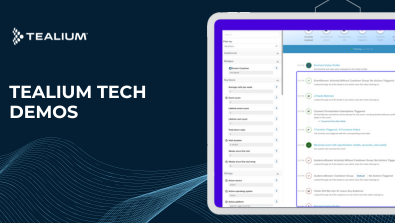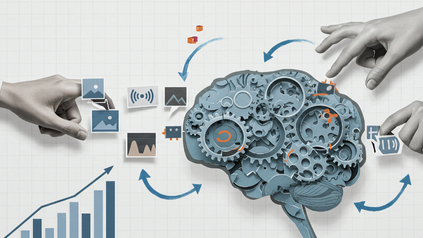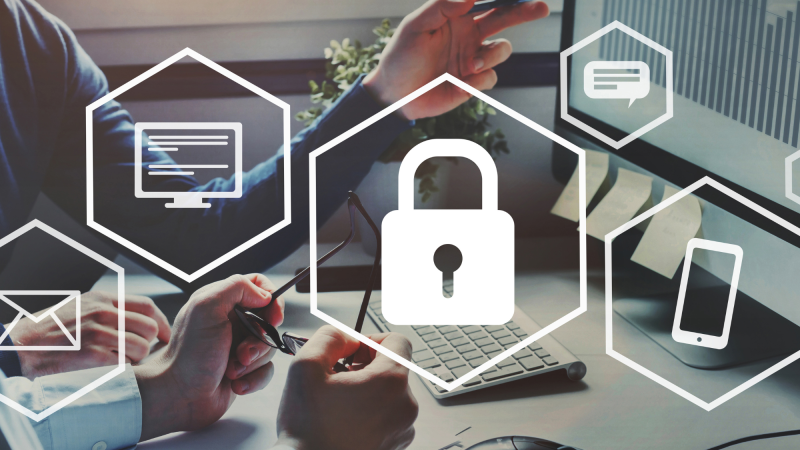Data privacy is a global concern, as the collection and use of personal information impacts individuals all over the world. Customer data privacy is important because individuals need to have control over their personal information and how it is used. When companies collect and use customer data, they have a responsibility to protect that data from unauthorized access or misuse.
There Are Several Reasons Why Customer Data Privacy Is Important:
- Personal security: Customer data often includes sensitive information such as social security numbers, financial information, and medical records. Even non-sensitive information that identifies customers’ interests and preferences should still be protected as private and personal. If this information falls into the wrong hands, it can be used for identity theft or other fraudulent activities, which can have serious consequences for the individual.
- Trust: Customers trust companies to handle their personal information responsibly. If a company fails to protect customer data, it can damage the trust that customers have in the company and lead to a loss of business.
- Ethical responsibility: Companies have a moral responsibility to protect the privacy of their customers. Collecting and using customer data for legitimate business purposes is acceptable, but using it for nefarious purposes, or failing to protect the data from others who intend to use it for harm, is not.
In response to this, many countries have implemented laws and regulations to protect the privacy rights of their citizens and ensure that organizations are using personal data ethically.
Top 6 Global Privacy Regulations and Organizations to Be Aware Of in 2023
One of the most well-known data privacy frameworks is the General Data Protection Regulation (GDPR), which was implemented by the European Union (EU) in 2018. The GDPR applies to any organization that processes the personal data of EU citizens, regardless of where the organization is located. It sets out strict requirements for the collection, use, and protection of personal data, including the need for explicit consent from individuals and the right to be forgotten. It also gives individuals the right to access, rectify, and erase their personal data, as well as the right to data portability.
In addition to the GDPR, the EU has also implemented the ePrivacy Directive, which regulates the use of electronic communication services and technologies, such as cookies and direct marketing.
Another significant data privacy framework out of the United States is the California Consumer Privacy Act (CCPA), which was signed into law in California in 2018, and came into force in 2020. The CCPA applies to businesses that collect and sell the personal data of California residents and sets out requirements for transparency and consumer rights, including the right to opt out of the sale of personal data and the right to request access to personal data that has been collected.
The Asia-Pacific Economic Cooperation (APEC) has also developed a set of data privacy principles known as the APEC Privacy Framework. The APEC Privacy Framework is a voluntary set of guidelines that aims to promote data privacy and encourage cross-border trade and economic growth in the APEC region.
In addition to these regional frameworks, there are also several global organizations that have developed guidelines and best practices for data privacy. The International Association of Privacy Professionals (IAPP) has developed a set of privacy principles known as the Privacy by Design framework, which aims to embed privacy considerations into the design of products and services. The Organization for Economic Cooperation and Development (OECD) has also developed guidelines for the protection of personal data, which provide a framework for the collection, use, and protection of personal data in a global context.
It’s important to note that data privacy laws and regulations can vary significantly from country to country, and it can be challenging for organizations to navigate these differences. To comply with global data privacy requirements, it’s essential for organizations to have a strong understanding of the relevant laws and regulations and to implement robust data privacy policies and practices. This includes regularly reviewing and updating data privacy policies and procedures to ensure compliance with changing laws and regulations.
Data privacy is a global concern, and all organizations must be aware of and comply with relevant laws and regulations to ensure that they are using personal data ethically. It’s essential for organizations to have a strong understanding of the various data privacy frameworks and guidelines that apply to their operations and to regularly review and update their data privacy policies and practices to ensure compliance. By taking these steps, organizations can protect the privacy rights of individuals and build trust with their customers and stakeholders.
For more information on how to incorporate global data privacy regulations into your business strategy and build stronger customer relationships, check out our recent eBook, “In Data We Trust: Your Guide For Establishing Customer Trust Through Privacy.”








